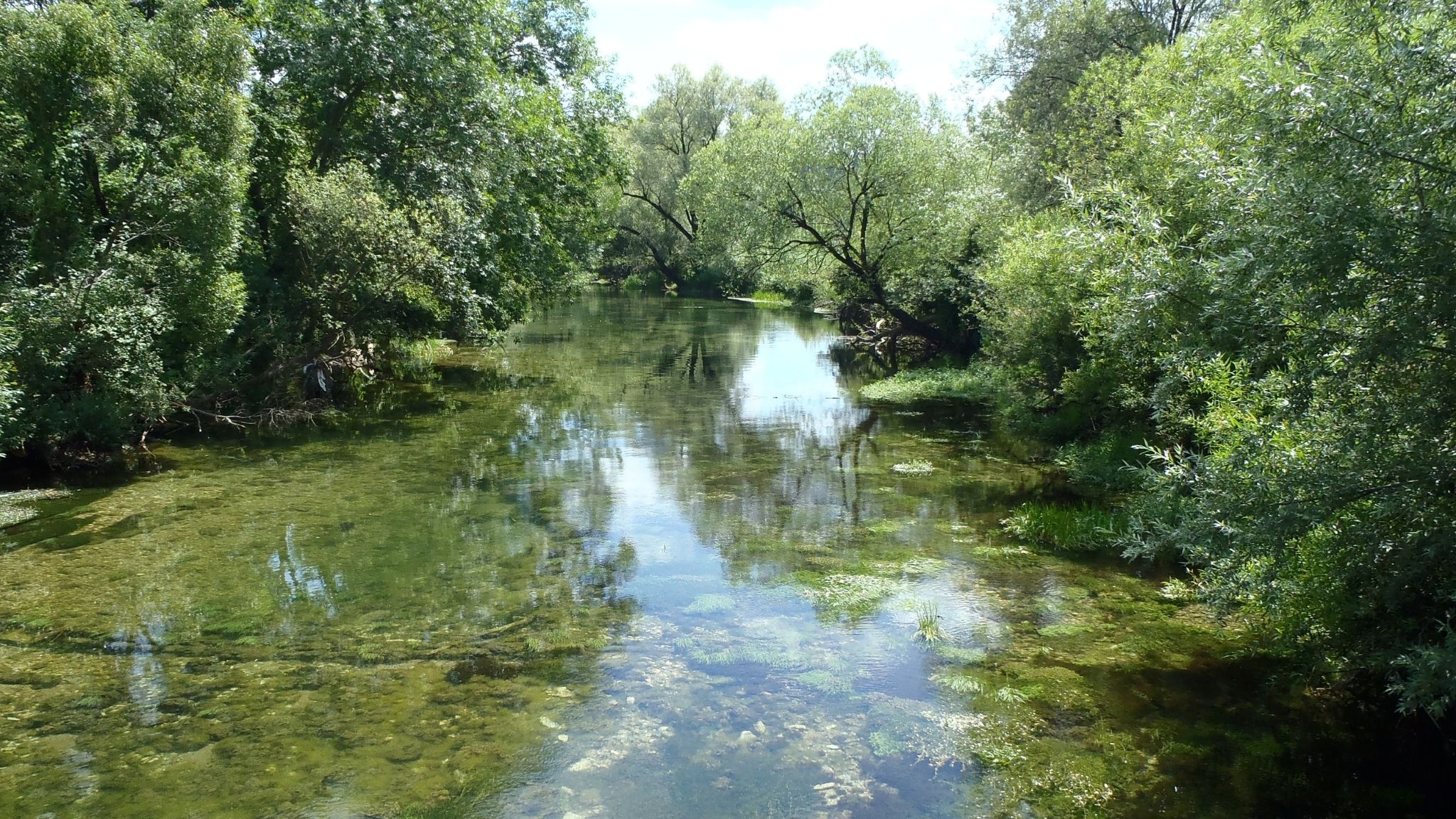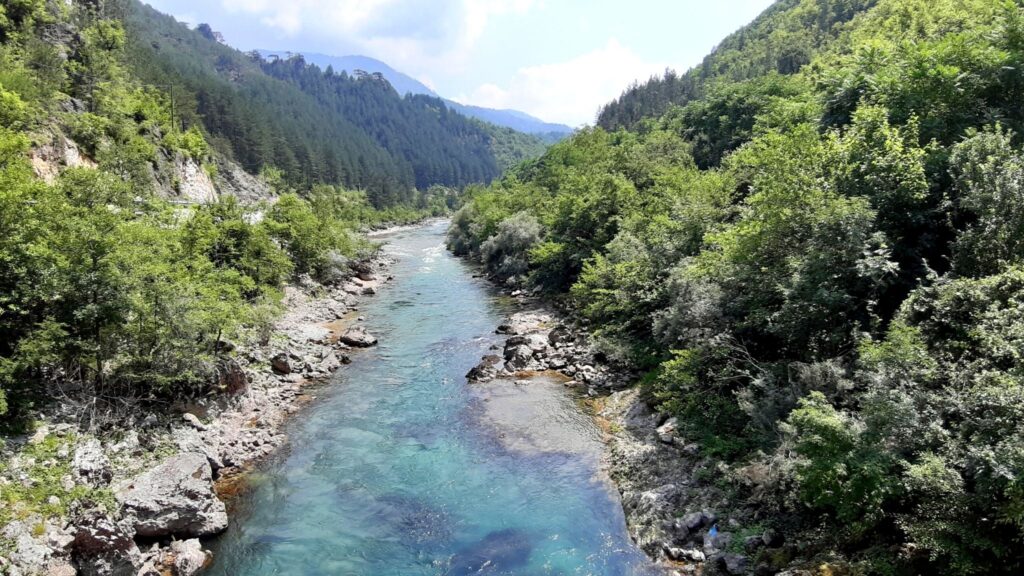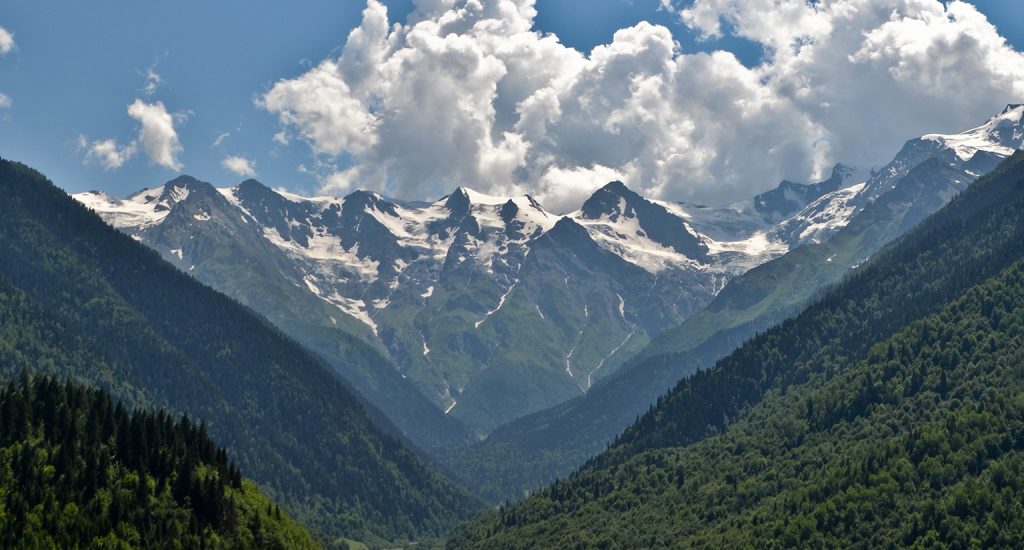The countries of the Energy Community Treaty have diverse energy mixes, but hydropower has traditionally played a strong role in many of them. Albania is almost completely reliant on dams for its domestic electricity generation, followed by Georgia with an average of 80 per cent of electricity generated by hydropower and Montenegro with an average of 55 per cent.

Stay informed
We closely follow international public finance and bring critical updates from the ground.
Background
The countries of the Energy Community Treaty have diverse energy mixes, but hydropower has traditionally played a strong role in many of them. Albania is almost completely reliant on dams for its domestic electricity generation, followed by Georgia with an average of 80 per cent of electricity generated by hydropower and Montenegro with an average of 55 per cent.
But what started as a strength is becoming a liability. More and more erratic rainfall is exposing how vulnerable hydropower is to climate change, while its damaging impacts on biodiversity, groundwater and sediment transportation are becoming better understood.
This has not stopped decision-makers’ zealous plans to develop the sector, including in countries like Ukraine hydropower has not traditionally played a major role. Decades-old projects are still being pushed against all economic and environmental logic, while a rash of small hydropower plants driven by feed-in tariff schemes has destroyed rivers and streams across southeast Europe.
The good news is that there are alternatives, with lower costs for the environment and also, increasingly, for the public purse, and that resistance to the unnecessary destruction of life-giving rivers is increasing day by day.
IN FOCUS
Latest news
EBRD to suspend Ombla loan disbursement until further eco studies are completed
Bankwatch in the media | 28 November, 2011The European Bank for Reconstruction and Development (EBRD) has said it would not disburse the recently-approved 123.2 million Euro loan for construction of the Ombla hydropower plant near Dubrovnik before the environmental impacts of the project are assessed.
Read moreNGOs condemn EBRD financing of biodiversity destruction in Croatia
Press release | 23 November, 2011Zagreb — Croatian environmental organisations Zelena akcija/Friends of the Earth Croatia, the Croatian Biospeleological Society, Transparency International Hrvatska, Srđ je naš, Baobab, Eko Zeleno Sunce, Brodsko ekološko društvo-BED, Center for Environment (B&H), Eko-Zadar, WWF MedPO and regional organisation CEE Bankwatch Network have described as “extremely irresponsible” the approval yesterday by the European Bank for Reconstruction and Development of a EUR 123 million loan for the construction of the Ombla underground hydropower plant near Dubrovnik. [1]
Read moreAn EBRD interpretation of biodiversity protection in the western Balkans
Blog entry | 14 November, 2011With potentially devastating impacts on natural habitats, the European Bank for Reconstruction and Development has so far offered no real commitment to environmental protection in its ambiguous decisions on two hydropower plants in Croatia and Macedonia.
Read moreRelated publications
Kungrad 1-3 wind power project, Uzbekistan
Policy comments | 11 March, 2025 | Download PDFKungrad is one of several large-scale renewable projects featuring extensive transmission lines slated for remote, wild areas in Central Asia – an alarming practice that hinders the sustainable energy transition.
How to interact with development banks lending to hydropower projects in Central Asia: A toolkit for civil society activists
Toolkit | 3 February, 2025 | Download PDFThis toolkit is aimed primarily at civil society organisations in Central Asia tackling the construction of dams or other unsustainable water infrastructure.
The Upper Horizons complex, Bosnia and Herzegovina
Briefing | 18 December, 2023 | Download PDFThe Upper Horizons hydropower complex has been planned since the mid-20th century, and is planned to consist of three plants — Dabar, Nevesinje and Bileća — linked by a series of tunnels and channels. If completed, it would have a devastating impact on the karst ecosystems of eastern Herzegovina and beyond.




